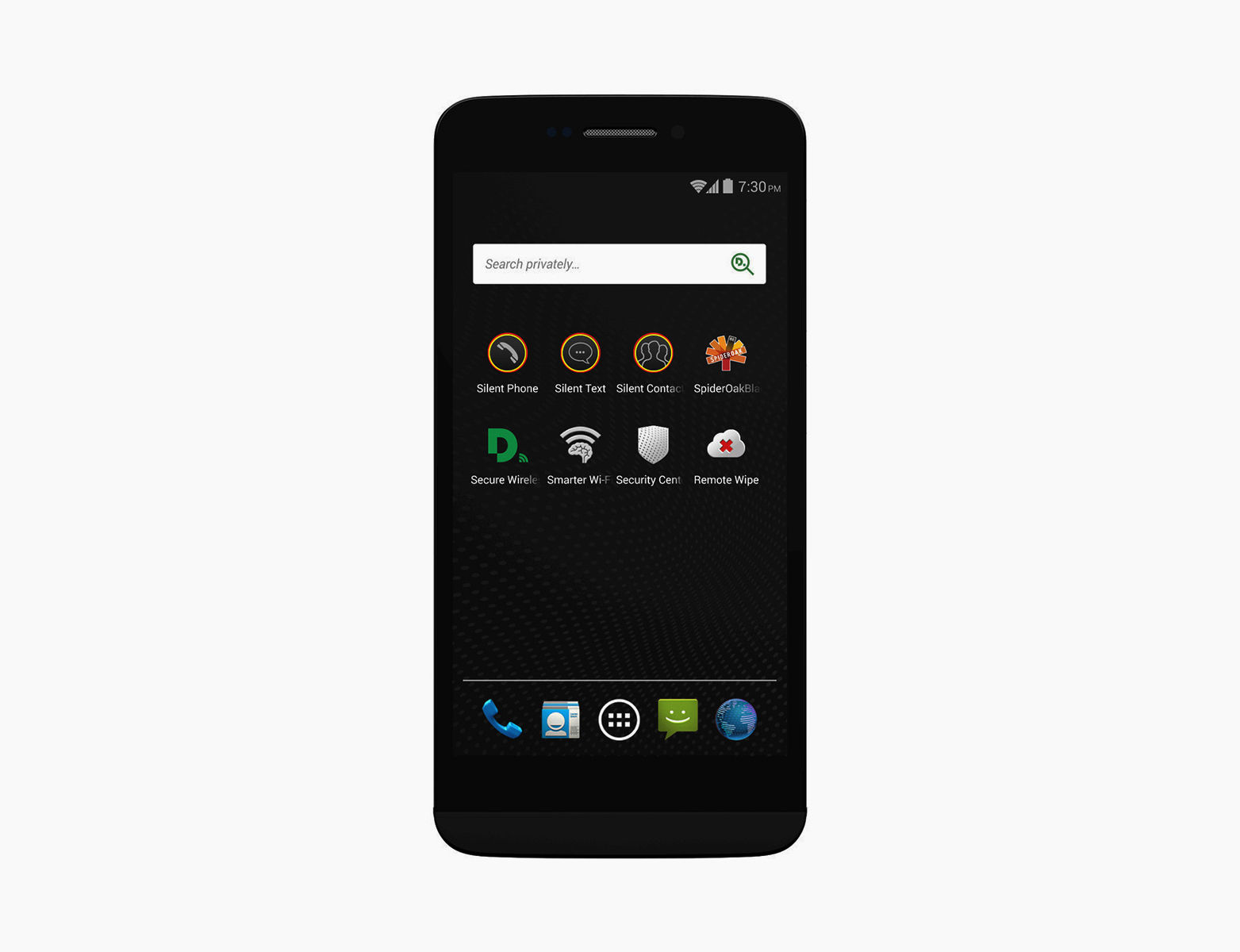|
|||

Privacy concerns is a subject that has gained increased attention over the past couple of years. With growing concerns over identity theft and government surveillance, many are looking for ways to protect themselves from prying eyes. So when a Swiss company announced the release of an encrypted smart phone, called the Blackphone, we had to give it a try. On first appearance, there isn’t anything very distinctive about it’s physical design. In fact, there is nothing about it that looks like it’s relatively expensive $700 price tag. But perhaps that is intentional, in that the device is not suppose to create any unwanted attention. Once you’ve set up the phone (which by the way is tedious for the sake of security), you will discover that it uses a reworked Android based OS, called PrivatOS. What it does is prevent unauthorized transfer of data, and unauthorized execution of applications, by requiring permission from the user. In addition to this, Blackphone also offers an encrypted phone service called Silent Phone, which supposedly cannot be wiretapped. On paper, Blackphone makes sense. But in practical use, it isn't. For one thing, having to give permission to everything is a real pain. In fact, some things you want to do, the phone won’t even give you the opportunity to provide permission. You can’t even download the Googleplay App, which limits the usefulness of this device. It’s as if Blackphone made the phone worst for the sake of security, with the logic that if you don’t let the phone do anything, it can’t get into any trouble. With that being the case, why even get a smart phone? As for it's Silent Phone function - well, it’s like this. Security is only guaranteed if both the caller and recipient are using Silent Phone. That’s a lot to expect. In truth, Blackphone is probably a secure phone. I can’t test this out, because I don’t have the facility to break it’s encryption. Nonetheless, I think that this kind of security comes at too great a cost. It is just too much trade-off for security. At first, having more encryption might seem like a good idea. But for this kind of a headache, it makes more sense to practice common sense to limit a breach in security. With that said, there will always be those in need of more encryption. You know who you are. This is probably something for you to consider. |
|||
